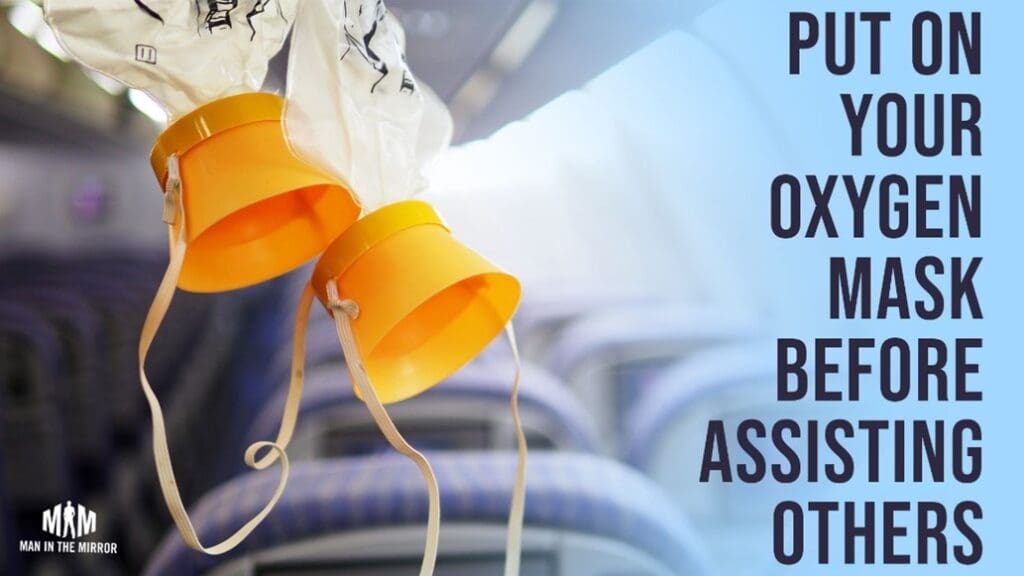Burnout doesn’t happen overnight. Recognizing the signs can help you identify the symptoms that may need your attention. Burnout is a psychological syndrome defined as a prolonged response to chronic stress that’s often tied to work.
The 5 Stages of Burnout
You may recognize signs of different stages of burnout at any given time, but knowing what to look out for can help you become aware that burnout may be creeping into your life.
Stage 1: Honeymoon – Everything may seem fine at this stage.
Some symptoms to watch for: Job satisfaction, commitment to your job, sustained energy levels and compulsion to prove oneself
Stage 2: Onset of stress – You are starting to lose your sense of boundaries.
Some symptoms to watch for: Inability to focus, anxiety, irritability and fatigue
Stage 3: Chronic stress – You may start to have physical symptoms at this stage
Some symptoms to watch for: Social withdrawal, resentfulness, denial of problems and feeling pressured.
Stage 4: Burnout – Loss of hope that things will get better.
Some symptoms to watch for: Obsession with problems, chronic headaches and GI issues, behavioral changes and self-doubt.
Stage 5: Habitual burnout – Just trying to survive through the burnout.
Some symptoms to watch for: Chronic sadness, chronic mental fatigue, chronic physical fatigue and depression.
What Can You Do?
If you are a leader. you must know that others are watching you. If you do not manage the signs of burnout your team may not either. This is a great time to lead more by example. Addressing burnout early is important. Left unchecked, burnout can lead to physical and mental health challenges that may be harder to manage later. So, know the signs, address them in your team and be a great example.
Why Do Nonprofit Leaders Experience Burnout?
Mission based work is important. You can affect lives in ways that can be rewarding and overwhelming. Remember the instructions from your flight attendant.

If you are unable to continue where does that leave your organization? Those your serve? Volunteers? You?
How to Manage Burnout in Volunteers
Volunteers may feel the same symptoms when they are feeling burnout. A once happy volunteer may begin to complain or say they cannot complete all of the work given. These are signs to pay attention to. It is important to be honest about the level of work expected. Don’t sugar coat it just to get a volunteer to help. Most volunteers are juggling work, family and their volunteer work. Be sure to start off on a realistic foundation. Have regular check-ins with volunteers. How are they feeling? Do they need a break? Identifying signs of volunteer burnout early can make a difference.
Burnout needs more than just self care. It’s important to identify and intervene before burnout occurs in your team, your volunteers or you.

